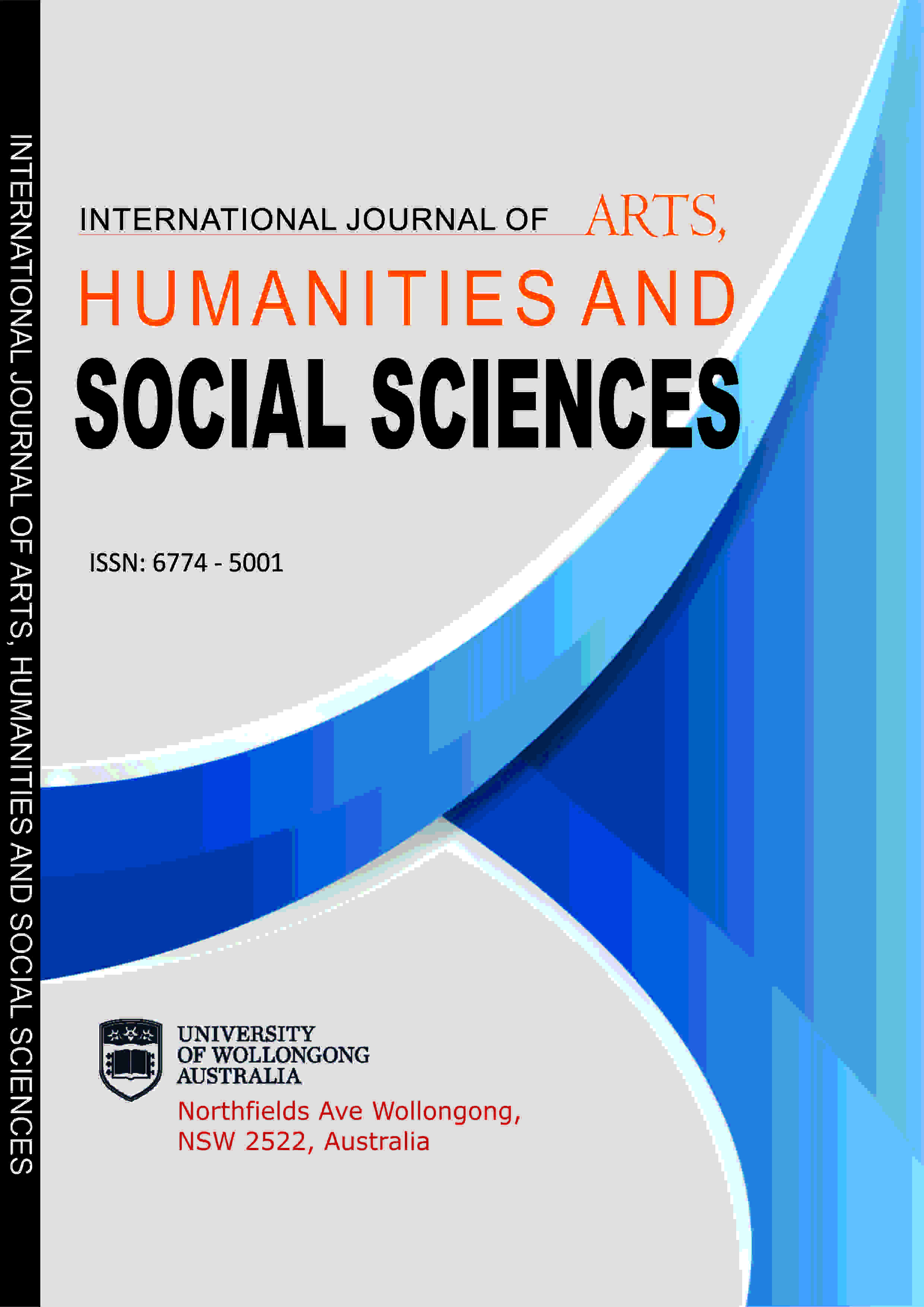INTERNATIONAL JOURNAL OF ARTS, HUMANITIES AND SOCIAL SCIENCES (IJAHSS)
PARENTAL PERSPECTIVES IN TRANSITION PLANNING
E-ISSN: 2579-048X
P-ISSN: 6774-5001
DOI: https://iigdpublishers.com/article/308
For an individual with disabilities, leaving high school and transitioning into society is one of life’s most challenging experiences. Planning for this transition is not only important, it is mandated by law. Despite federal mandates and advancements in technology, the unemployment rate of individuals with disabilities is increasing. This study seeks to depict what parents think and feel about the school-based transition program for their child with a disability. A second purpose is to show their ideas of what they would like to see on their child’s transition plan. The study was conducted using qualitative research methods. Interviews and casual conversations were conducted to collect data and identify parents’ thoughts, feelings, and ideas. Responses from those interviews and conversations were used to provide a constant comparative matrix for data analysis. Parents identified three main areas of concern in the process of transition planning; communication, knowledge, and involvement. Parents are a key component in the transition planning process. However, the parents do not feel they are being included in the decision-making process.
Kellie Fondren & Sandy Devlin
Altman, B., (2005). The labor market experience of persons with disabilities. Work and Occupation. 32(3), p.360-364.
Ankeny, E., & Lehmann, J. P. (2011). Journey toward Self-Determination: Voices of Students with
Disabilities Who participated in a secondary transition program on a community college
campus. Remedial and Special Education, 32(4), 279-289.
Certo, N. J., Luecking, R. G., Murphy, S., Brown, L., Courey, S., & Belanger, D. (2008). Seamless
transition and long-term support for individuals with severe intellectual disabilities. Research
and Practice For Persons With Severe Disabilities (RPSD), 33(3), 85-95.
Davies, M.D., & Beamish, W. (2009). Transition from school for young adults with intellectual disabilities: parental perspectives on “life as an adjustment”. Journal of Intellectual & Developmental Disabilities, 34(3), 248-257.
Grigal, M., Hart, D., & Migliore, A. (2011). Comparing the transition planning, postsecondary education, and employment outcomes of students with intellectual and other disabilities. Career Development for Exceptional Individuals. 34(1).
